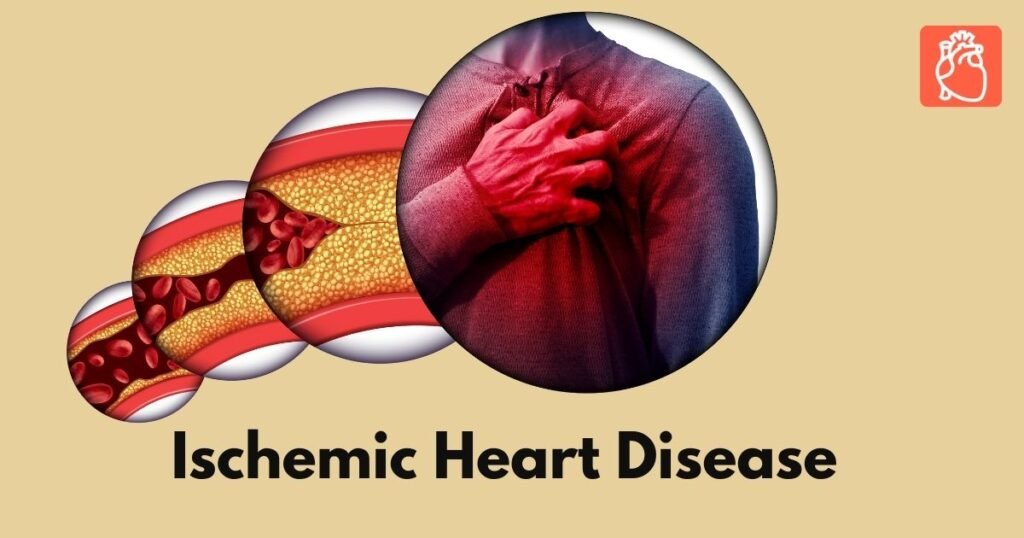Diabetes is one of the most common chronic illnesses in the world today, affecting over 422 million people globally(Source: WHO) and causing millions of deaths each year. At its core, diabetes is a condition that affects how your body turns food into energy.
In this article, we’re going to break down everything you need to know about diabetes—from its causes and types to how you can manage and even prevent it.
Understanding Blood Sugar and Insulin
Role of Glucose in the Body
Your body needs energy, and glucose (sugar) is the main source. Every time you eat, your body breaks down food into glucose, which enters the bloodstream.
Importance of Insulin
Here’s where insulin, a hormone produced by the pancreas, steps in. Insulin acts like a key, allowing glucose to move from the blood into your cells where it’s used for energy.
How Imbalance Leads to Diabetes
When the body doesn’t make enough insulin—or doesn’t use it properly—glucose builds up in the blood instead of fueling the cells. This condition is called high blood sugar, and over time, it leads to diabetes.
Types of Diabetes
Type 1 Diabetes
An autoimmune condition where the body attacks insulin-producing cells. People with Type 1 diabetes need daily insulin injections.
Type 2 Diabetes
The most common type. The body either doesn’t make enough insulin or resists it. Linked with lifestyle factors such as obesity and poor diet.
Gestational Diabetes
Develops during pregnancy. Usually temporary but increases the mother’s risk of developing Type 2 diabetes later.
Prediabetes
A warning stage where blood sugar levels are higher than normal but not yet at diabetic levels.
Causes of Diabetes
- Genetic factors: Family history plays a huge role.
- Lifestyle factors: Poor diet, lack of exercise, and obesity.
- Other conditions: Hormonal diseases, pancreatic damage, and certain medications.
Symptoms of Diabetes
- Excessive thirst and frequent urination
- Extreme fatigue
- Blurred vision
- Slow wound healing
- Sudden weight loss (more common in Type 1)
If you notice these symptoms, it’s time to see a doctor.
Risk Factors for Diabetes
- Age (over 45 years old)
- Family history of diabetes
- Overweight or obese
- Physical inactivity
- Unhealthy eating habits
Complications of Diabetes
Short-term complications
- Hypoglycemia (low blood sugar)
- Diabetic ketoacidosis
Long-term complications
- Heart disease
- Kidney failure
- Nerve damage
- Eye damage (diabetic retinopathy)
Diagnosis of Diabetes
- Fasting Blood Sugar Test
- Oral Glucose Tolerance Test
- HbA1c Test (measures average blood sugar over 3 months)
Management of Diabetes
Lifestyle Changes
Healthy eating, regular exercise, weight management.
Medications
Oral medicines for Type 2 diabetes.
Insulin Therapy
Essential for Type 1 diabetes and sometimes Type 2.
Diet and Nutrition for Diabetic Patients
- Foods to Eat: Whole grains, vegetables, lean protein, nuts.
- Foods to Avoid: Sugary drinks, junk food, refined carbs.
- Meal Planning: Focus on portion control and balanced nutrition.
Exercise and Diabetes
Regular exercise helps regulate blood sugar.
- Best exercises: walking, cycling, swimming, yoga.
- Stay safe: Monitor blood sugar before and after workouts.
Natural and Home Remedies for Diabetes
- Herbal remedies like fenugreek and bitter melon.
- Daily habits like drinking enough water and stress reduction.
Preventing Diabetes
Type 2 diabetes can often be prevented.
- Maintain healthy weight
- Eat nutritious food
- Stay physically active
- Go for regular checkups
Living with Diabetes
Diabetes isn’t just about physical health—it can affect your mental health too. Support groups, counseling, and awareness programs can make a big difference.
Future of Diabetes Care
Exciting research is ongoing in fields like:
- Artificial pancreas technology
- Advanced insulin delivery systems
- Genetic therapies
Conclusion
Diabetes is challenging, but it doesn’t have to control your life. With the right lifestyle changes, treatment, and support, people with diabetes can live healthy and fulfilling lives. Awareness and early detection are the keys to prevention and long-term management.
FAQs
Q1. Can diabetes be cured?
Currently, there’s no permanent cure, but it can be managed effectively.
Q2. What is the difference between Type 1 and Type 2 diabetes?
Type 1 is autoimmune and requires insulin; Type 2 is often lifestyle-related and may be managed with diet, exercise, and medication.
Q3. Is diabetes hereditary?
Yes, family history increases the risk, but lifestyle plays a big role too.
Q4. Can I prevent diabetes if it runs in my family?
Yes, healthy eating, regular exercise, and weight control can significantly lower your risk.
Q5. How often should I get tested for diabetes?
If you’re at risk, get tested once a year. Otherwise, follow your doctor’s advice.



Pingback: Difference Between Non-Communicable Diseases and Communicable Diseases - Non-Communicable Disease